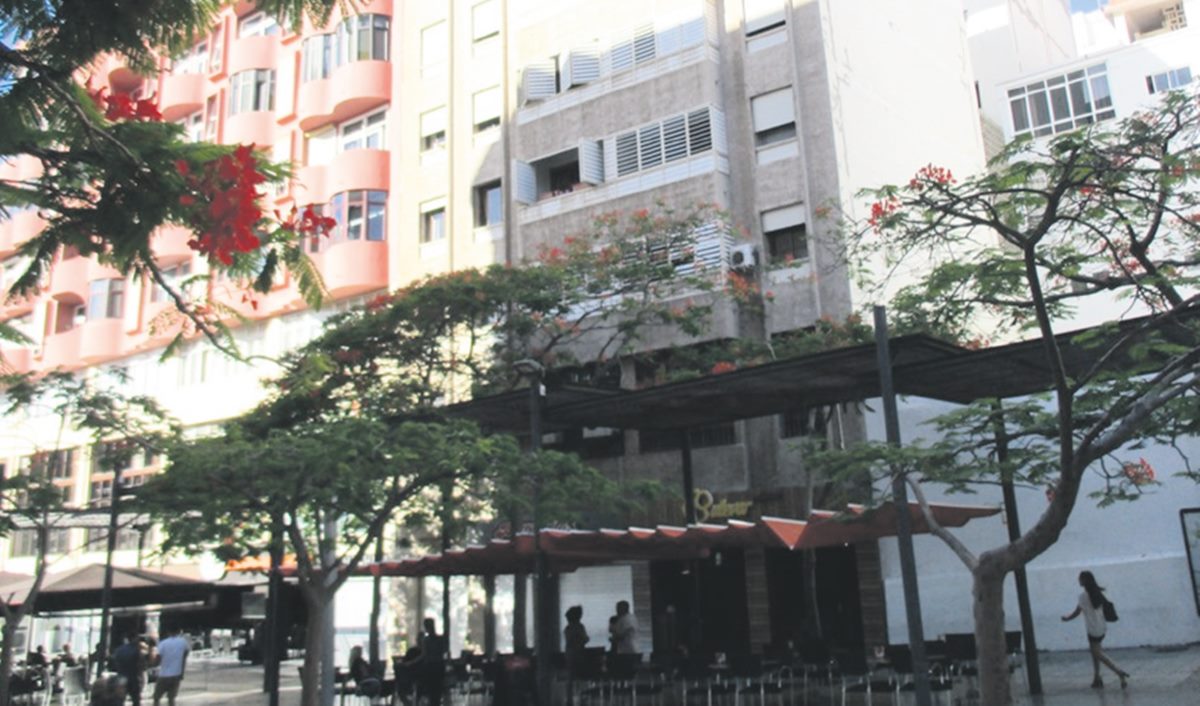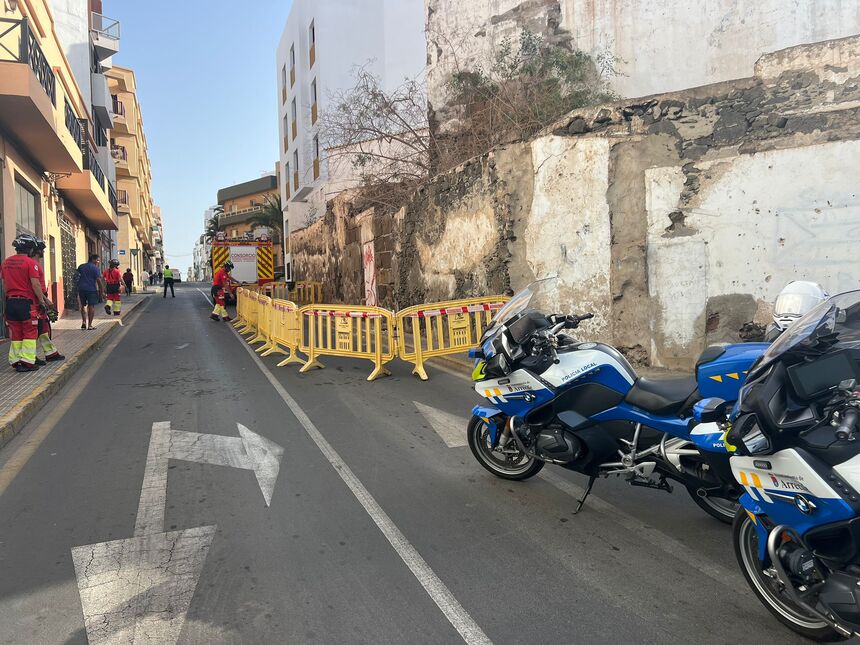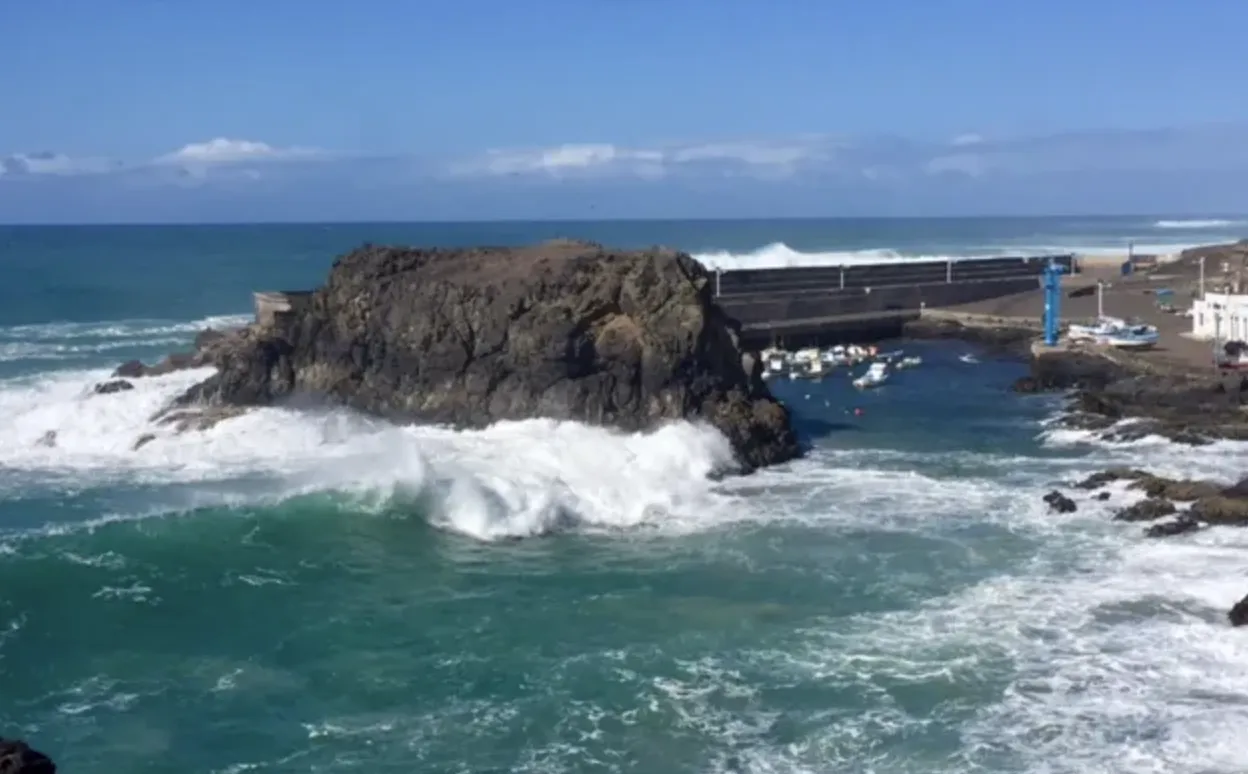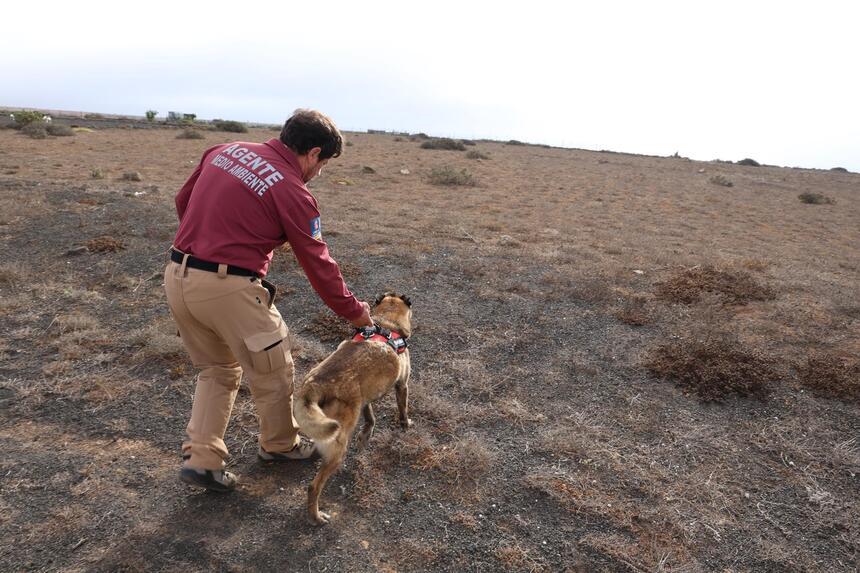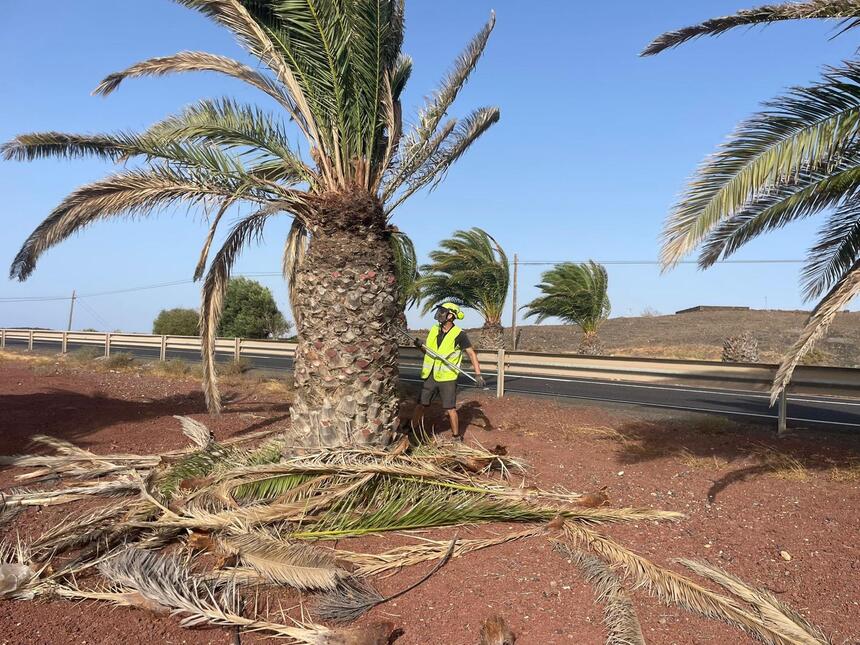
Bernardo Huerga, a career teacher, is a member of the works council at the Ministry of Education of the Government of the Canary Islands and a representative of the ANPE union (the largest teachers’ union in the country) for the province of Las Palmas.
In an interview with Ekonomus, he explains the reasons why educators tend to avoid non-capital islands like Lanzarote, despite the fact that they offer the highest salaries in the country.
“Currently, there are about 2,400 teachers in Lanzarote, of which approximately 1,250 are temporary,” explains Huerga.
The Highest Salaries in the Country for Teachers
The gross salary received by teachers in the non-capital islands of the Canaries is the highest in the country, largely due to the additional payment for double insularity.
For instance, a newly appointed teacher in Lanzarote with no prior experience will earn €2,945.87 gross per month, before deductions such as social security contributions or a 21% income tax.
This amount consists of a base salary (€1,147.35); destination allowance (€574.18); specific allowance from the autonomous community (€782.84); and a residency allowance for non-capital islands (€467.39).
The figures for a secondary school teacher starting in Lanzarote are slightly higher, as “the net salary comes to around €2,150, and roughly €1,900 in the capital islands,” Huerga explains.
Connections and Housing
Consequently, teachers from Gran Canaria, if they cannot remain on their island, generally do not opt for Tenerife unless they have housing there, and the same applies in the opposite direction.
“They prefer non-capital islands. Those who prefer travelling by boat choose the south of Fuerteventura and avoid Corralejo, while those opting for a flight opt for Lanzarote, where they avoid Playa Blanca, which, apart from La Graciosa, takes the longest to fill its vacancies.”
There are two critical moments for teachers to take up their positions: firstly, the allocation of posts in the summer, and secondly, the daily appointments that occur from September onwards.
Huerga notes that resignations happen for various reasons. Often, this is because some teachers forget to narrow down their geographical preferences to the islands of their interest and end up declining when assigned to an island they do not wish to go to.
“The islands with the highest rate of resignations are La Gomera, El Hierro, and even La Palma, due to their poorer connections with the mainland,” explains Huerga.
Although there are no official statistics, the ANPE union representative believes that “approximately 20% of teachers in the Canaries originate from the mainland. In the 1990s, this figure was around 60%, before the opening of Canary Islands universities.”
“Lanzarote Experiences More Resignations than Fuerteventura”
“Lanzarote has good connections to the mainland, but it certainly experiences more resignations than Fuerteventura. The problem in Lanzarote is the difficulty of finding housing. When teachers arrive in Lanzarote, they are surprised by the exorbitant prices,” explains the ANPE union representative.
“Initially, they go to a hostel or hotel while searching for accommodation, but the prices lead many to share homes, with rooms starting at €400. Lanzarote is currently the most expensive island in the Canaries for a teacher,” he adds.
“In La Gomera, El Hierro, and La Palma, finding accommodation does not pose as much of a problem. Lanzarote is undoubtedly the island with the most significant housing challenges, particularly regarding affordability.”
Thus, in Lanzarote, the high cost of the few available rentals is more significant than in other islands for teachers when deciding to avoid the island or resign, even though this results in “a one-year penalty without being appointed on the list.”
When asked about the lack of auxiliary teachers in Lanzarote, Huerga states, “Indeed, there is a need for many teachers with hearing and language skills, who possess qualifications in therapeutic pedagogy.”
“The number of students with specific needs has doubled since the pandemic.” In Lanzarote, they currently make up 30% of the student body, in line with the Canary Islands average.




